Found 35 movies, 11 TV shows, and 0 people
Can't find what you're looking for?

A powerful story of an era dominated by one remarkable man, the Emperor Napoleon, a man who has attracted more debate than almost any figure in history. Ruthless and despotic but an undoubted military genius, this atmospheric and informative DVD follows the Emperor from his early days, through the glorious victory at Austerlitz, to the disasters of the Russian campaign and his final defeat at Waterloo. Superbly filmed reconstructions and re-enactments, period imagery and expert analysis explain the rise and fall of this famous man from history.

Following his defeat in the giant Battle of Leipzig (Oct 1813), Napoleon's final defeat seemed only a matter of time. But when Coalition armies crossed the Rhine and invaded France, Napoleon outnumbered 4 to 1 - began one of the most daring and brilliant campaigns in military history. However Napoleon's hope that his victories would cause a fatal split in the Coalition did not materialise, and eventually, Schwarzenberg and Blücher's dash for Paris would seal the fate of the Napoleonic Empire.

In October 1813 Napoleon faced the combined might of the Sixth Coalition (Russia, Austria, Prussia, Sweden) near Leipzig, in what would prove to be the decisive battle of his career. Outnumbered, virtually encircled, Napoleon opted for a high-risk strategy of striking against Schwarzenberg's Army of Bohemia, before the other Coalition armies could come to his aid. The four-day Battle of Leipzig would be the largest and bloodiest battle in European history before the First World War, and one that changed the destiny of Europe.

In 1807, Napoleon Bonaparte hoped to follow up his brilliant victories over Austria and Prussia with another decisive victory over the Russians in Poland. But amid freezing winter conditions, his attempted encirclement of General Bennigsen's Russian army near the East Prussian town of Eylau led, instead, to one of the most notorious battles of the Napoleonic Wars, fought in terrible conditions, with appalling losses on both sides.
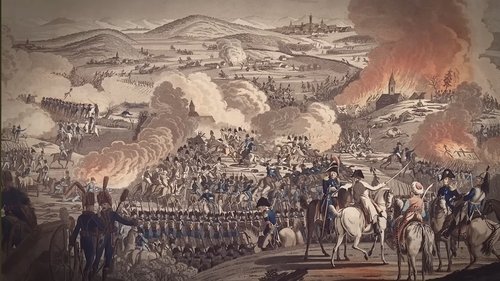
First engagement of the War of the Third Coalition and one of Napoleon’s greatest victories at Austerlitz in 1805.

In 1813, following his disastrous invasion of Russia, Napoleon faced a desperate battle to save his empire. His enemies were gaining in strength, as Prussia and Sweden joined the Sixth Coalition against him, while Russian armies advanced across Poland and into Germany. The French Emperor worked miracles to raise a new Grande Armée of young conscripts, leading them to victory at Lützen and Bautzen. But Napoleon knew everything might ultimately depend on Austria - which side would his father-in-law, Austrian Emperor Francis I, chose to support? The matter would settled after a fateful and ill-tempered meeting in Dresden between Napoleon and Austrian foreign minister von Metternich...

Six weeks after his bloody repulse at the Battle of Aspern-Essling, Napoleon led his reinforced army back across the Danube. The resulting clash with Archduke Charles's Austrian army was the biggest and bloodiest battle yet seen in European history, and despite heavy French losses, resulted in a decisive strategic victory for the French Emperor

In 1812 French forces in Spain were severely overstretched, as Napoleon withdrew the best troops for his invasion of Russia. Wellington saw an opportunity to strike. First he secured the strategic fortress-cities of Ciudad Rodrigo and Badajoz, both taken in bloody assaults, then advanced to Salamanca, where his Anglo-Portuguese army met Marshal Marmont's French army in one of the most decisive clashes of the Peninsular War.

In May 1813, as Napoleon launches a desperate bid to save his empire following the disastrous defeat in Russia, the situation in Spain is particularly precarious. French forces have been weakened to make up for the enormous losses in Russia. But Wellington's Anglo-Portuguese army, as well as the Spanish guerrillas, are stronger than ever. Wellington's advance into Spain will liberate Madrid a second time, and conclude with the final showdown of the Peninsular War - the Battle of Vitoria.

In 1808, Napoleon's rivalry with Britain led to an ill-fated intervention in Portugal and Spain, that sparked a nationalist revolt against the French. At Bailén Napoleon's Empire suffered its first major defeat, and though Napoleon himself then arrived in Spain to reassert French military dominance, he could not prevent the escape of Sir John Moore's small British army, after its defensive victory at Corunna on 16 January 1809. The British army would return, under new leadership, to play a major part in his downfall.
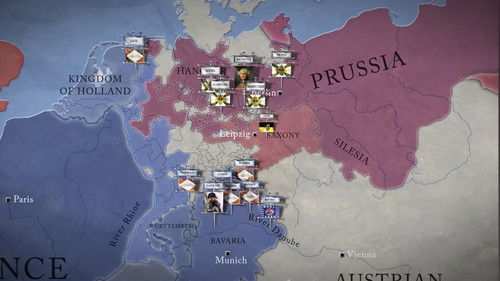
Fresh from his great victory at Austerlitz, Napoleon's next campaign saw him take on Prussia in the autumn of 1806. Prussia's army had been feared throughout Europe since the days of Frederick the Great, but in just 5 weeks of 'Napoleonic Blitzkrieg', the French Emperor showed that those days were long gone.

In 1815, eight miles south of Brussels, two of history's greatest generals met in battle for the first and only time: Napoleon Bonaparte, Emperor of the French, and the Duke of Wellington. The result was an epic, brutal battle that would decide the fate of Europe

In 1809, as Napoleon fought the Austrians at Wagram, the war in Spain and Portugal continued to rage. The French had inflicted several heavy defeats on Spanish field armies, but now they faced a popular insurgency as well as a well-trained Anglo-Portuguese army led by British general Lord Wellington. The Peninsular War, as became known, became Napoleon's 'bleeding ulcer', or his Vietnam, costing his empire nearly quarter of a million soldiers, in a war that looked increasingly unwinnable.

In 1812 Napoleon invaded Russia with the largest army Europe had ever seen, composed of troops from France as well Poland, Germany, Italy and several other allied states. The campaign that followed saw the Russians use scorched earth tactics to deny the enemy supplies, while Napoleon advanced further and further into Russia, searching in vain for the decisive blow that would force Emperor Alexander to negotiate peace.

For the Spanish, it was their 'War of Independence' for their British allies, 'the Peninsular War'. These are the voices of witnesses to those momentous days.
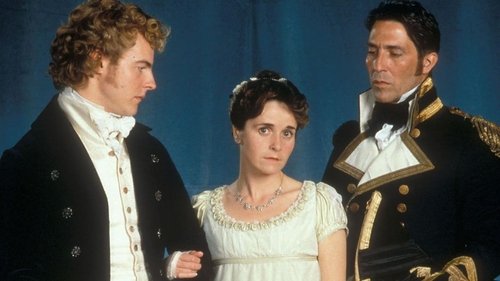
Living with her snobby family on the brink of bankruptcy, Anne Elliot is an unconforming woman with modern sensibilities. When Frederick Wentworth – the dashing one she once sent away – crashes back into her life, Anne must choose between putting the past behind her or listening to her heart when it comes to second chances.
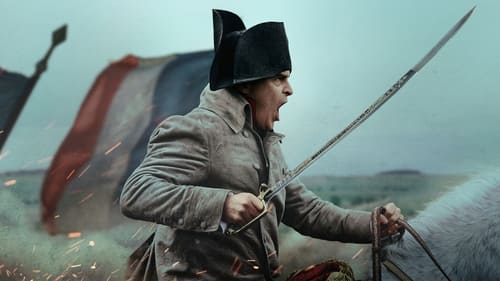
An epic that details the checkered rise and fall of French Emperor Napoleon Bonaparte and his relentless journey to power through the prism of his addictive, volatile relationship with his wife, Josephine.

No description available for this movie.
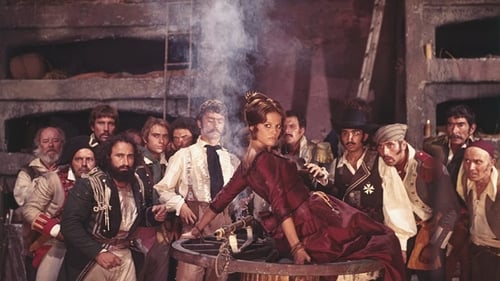
Based on satirical short stories by Sir Arthur Conan Doyle about a vain, egotistical Etienne Gerard, a French brigadier serving during the Napoleonic Wars. He thinks he's the best soldier and lover that ever lived and intends to prove it.
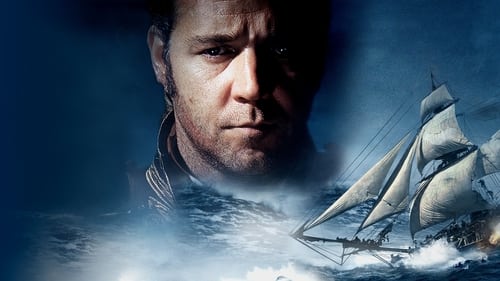
After an abrupt and violent encounter with a French warship inflicts severe damage upon his ship, a captain of the British Royal Navy begins a chase over two oceans to capture or destroy the enemy, though he must weigh his commitment to duty and ferocious pursuit of glory against the safety of his devoted crew, including the ship's thoughtful surgeon, his best friend.
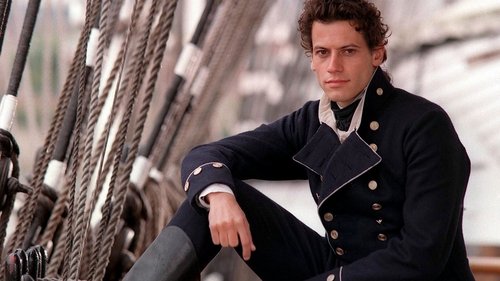
Portsmouth, 1794. Under thundery skies and in lashing rain, 17-year-old midshipman Horatio Hornblower takes the first tentative steps of his naval career, but a feud with a shipmate causes complications.
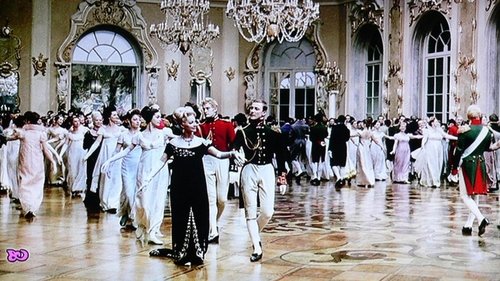
The love story of young Countess Natasha Rostova and Count Pierre Bezukhov is interwoven with the Great Patriotic War of 1812 against Napoleon's invading army.
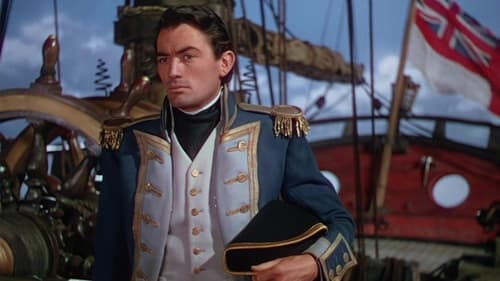
Captain Horatio Hornblower leads his ship HMS Lydia on a perilous transatlantic voyage, during which his faithful crew battle both a Spanish warship and a ragged band of Central American rebels.

Set before the Battle of Trafalgar, this is the story of relationship between Admiral Lord Nelson and Lady Hamilton during the Napoleonic Wars.
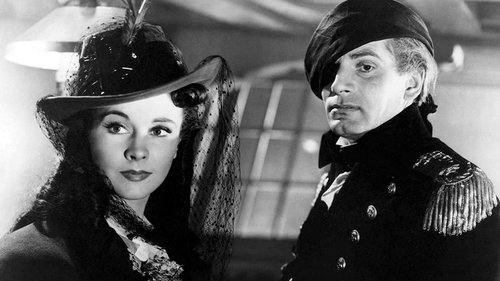
The story of courtesan and dance-hall girl Emma Hamilton, including her relationships with Sir William Hamilton and Admiral Horatio Nelson and her rise and fall, set during the Napoleonic Wars.
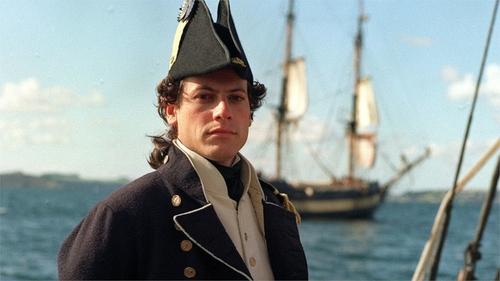
Hornblower must deliver a French nobleman to a secret rendezvous near Brest, all while coping with enemy agents in his own ranks.

1795, Holland. The French vanguard is pushing towards the north, through a strong blizzard, beyond the enemy lines. At the head of the cavalry, Major Lahure learns that a British fleet, seeking to escape to England, is trapped by the ice off the coast, and prepares one of the boldest ventures of its time.
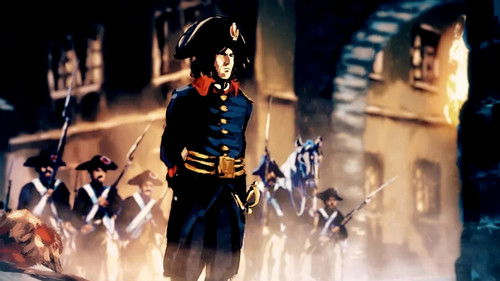
May 5, 1821. Napoleon Bonaparte, deposed emperor exiled on the island of St. Helena, is about to take his last breath. The son of a Corsican family, he has been close to death on many occasions since, as a young captain in the revolutionary army, he seized Toulon from the royalists in 1793.
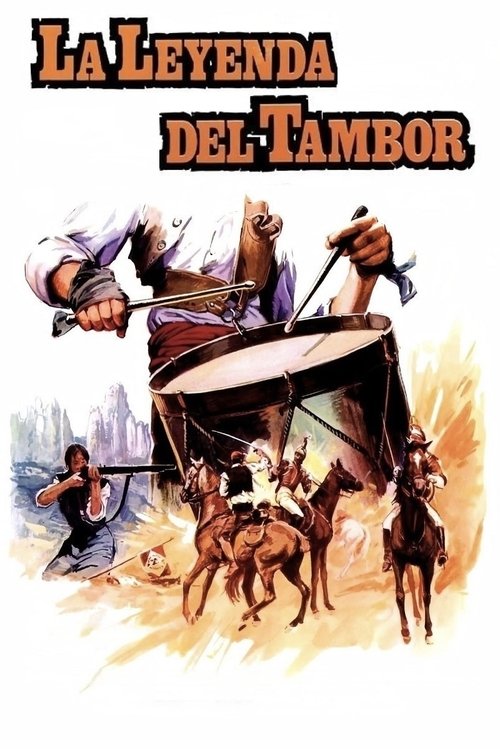
In June 1808, Napoleon's troops invade Spain. A boy named Isidro will beat his drum in the mountains of El Bruc, making the French army believe that thousands of armed men are waiting to confront them.
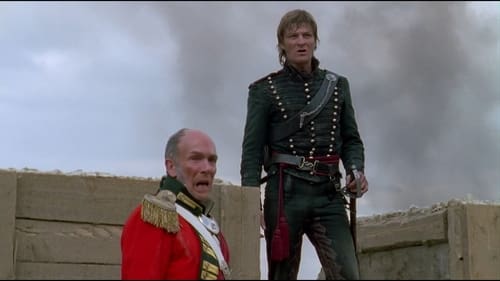
Sharpe is tasked to protect the most important spy in Lord Wellington's network, but domestic issues, a traumatized young girl, and possible French spies all threaten his success
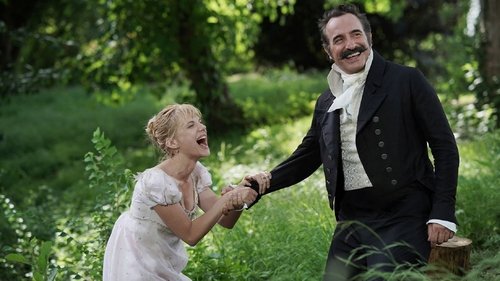
France, 1809. Captain Neuville is called to the front, leaving his future bride heartbroken. Her sister decides to write letters on his behalf to cheer her up.

The romanticized gallant adventures of Pauline Bonaparte, Napoleon's sister. First "engaged" to the Conventionnel Fréron, then separated from him by her brother for political reasons, Pauline joined Napoleon in the Italian army, where she fell in love with the comté de Canouville. But the First Consul married her to his friend, General Leclerc, whom she followed on the expedition to Saint-Domingue. Unconcerned about fidelity, she began to love her husband just as he was about to die of yellow fever. Back in France, she was soon consoled by other gallants. Napoleon, now emperor, hastened to marry her off to Prince Borghese, but he was unable to make her love him. She soon returned to Paris to lead the life of a gallant woman, incognito, and again met Canouville, whom the emperor tried in vain to separate from her. But soon the Russian campaign begins, and her lover is killed. All that remains for Pauline, this time disconsolate, is to reconcile with her brother on the road to exile.
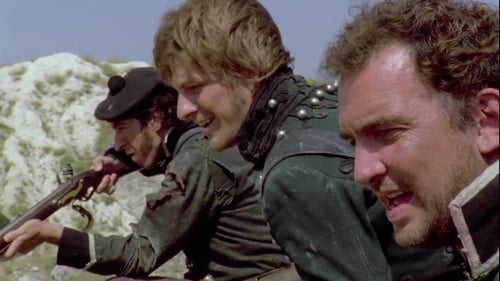
Sharpe is sent on a mission to exchange rifles for deserters with a strange band of Spanish guerillas. He also has to chaperone two women looking for their missing husband.
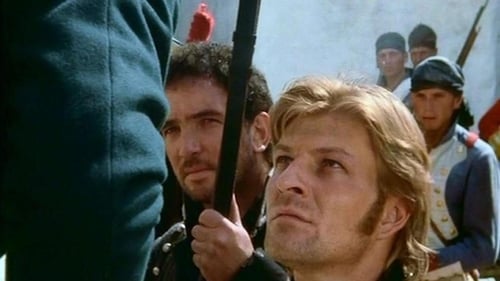
Portugal 1813. A band of deserters, including Sharpe's old enemy, Obadiah Hakeswill, have captured two women, one the wife of a high-ranking English officer, and are holding them hostage for ransom. Sharpe is given the 60th Rifles and a Rocket troop, as well as his majority to rescue the women. But while Sharpe may be able to deal with his old enemy, he has yet to face a newer threat, the French Major Pierre Ducos.
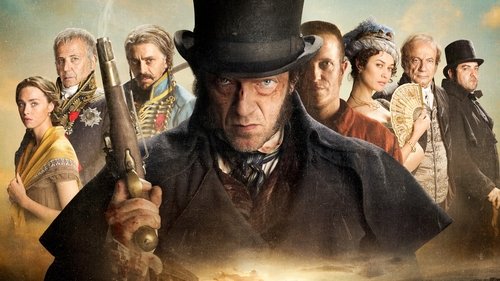
Paris, France, early 19th century. The legendary convict François Vidocq lives in disguise trying to escape from a tragic past that torments him. When, after an unfortunate event, he crosses paths with the police chief, he makes a bold decision that will turn the ruthless mastermind of the Parisian underworld against him.